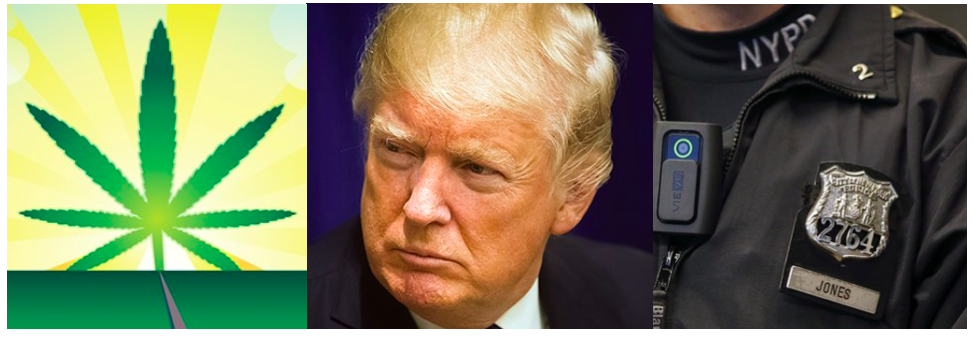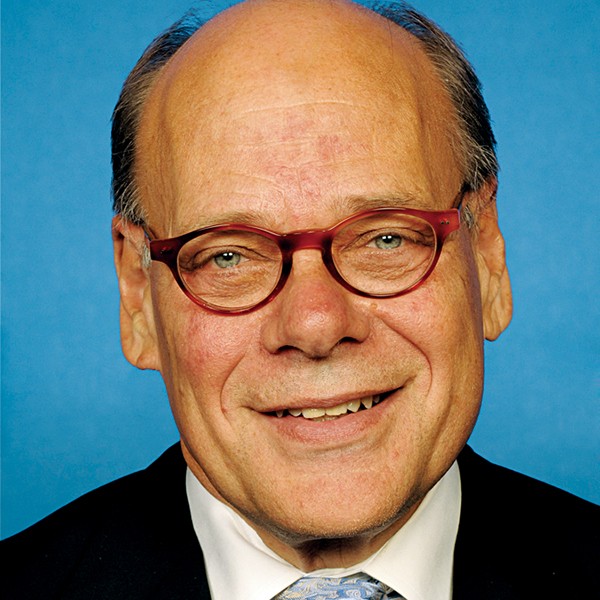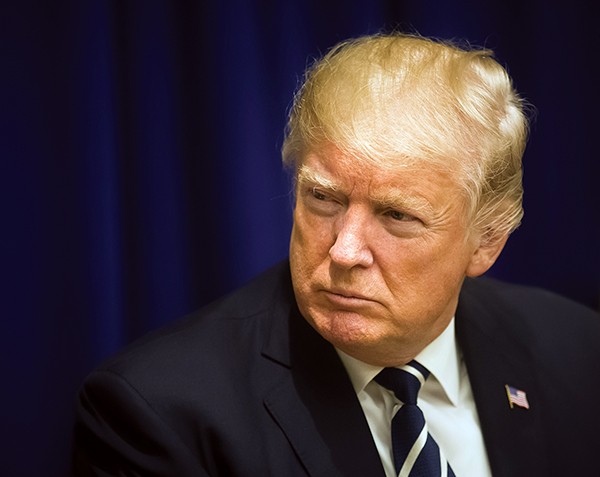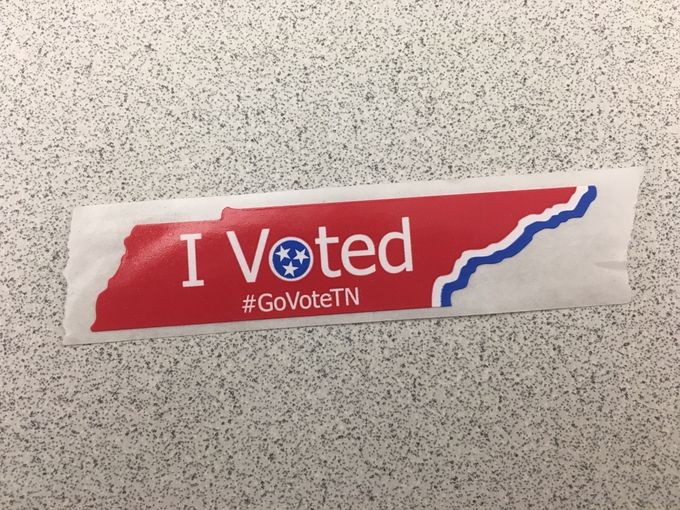
Memphis Congressman Steve Cohen outlined his legislative agenda for the new Congress Thursday in a torrent of proposals that take aim at everything from infant mortality rates, medical marijuana, and criminal justice reform, to abolishing the Electoral College and curtailing presidential pardon power. 
Constitutional Amendments
• Cohen first proffered an amendment to cut the Electoral College in 2016.
He brought it back Thursday, seeking the direct election of the President and Vice President of the United States.
“In two presidential elections since 2000, including the most recent one in which Hillary Clinton won 2.8 million more votes than her opponent, the winner of the popular vote did not win the election because of the distorting effect of the outdated Electoral College,” Cohen said in a statement. “Americans expect and deserve the winner of the popular vote to win office. More than a century ago, we amended our Constitution to provide for the direct election of U.S. Senators. It is past time to directly elect our President and Vice President.”
 Palinchak | Dreamstime
Palinchak | Dreamstime
Donald Trump
• Cohen’s second proposal would limit presidential pardon power, prohibiting presidents from pardoning themselves, members of their families, members of their administrations, and their campaign staff. The proposal seems aimed at President Donald Trump.
“Presidents should not pardon themselves, their families, their administration or campaign staff,” he said. “This constitutional amendment would expressly prohibit this and any future president, from abusing the pardon power.”

Criminal Justice Reform
• Cohen and congress member Lacy Clay (D-Missouri), whose district includes Ferguson, Mo., introduced the Police Training and Independent Review Act Thursday.
The law would give federal funding as an incentive for states to require sensitivity training on ethnic and racial bias, cultural diversity, and interactions with the disabled, mentally ill, and new immigrants. The bill would offer the same federal funding incentive for independent investigations and prosecution of incidents in which police use of deadly force results in a death or injury.
• Cohen also introduced the National Statistics on Deadly Force Transparency Act. It would require recipients of federal law-enforcement funding to gather data — including race — on all instances the use of deadly force by law enforcement and report it to the Department of Justice.
• Another bill, the Police Creating Accountability by Making Effective Recording Available (CAMERA) Act, would establish a grant program to assist state and local law enforcement with the purchase and operation of body-worn police cameras.
• The Fresh Start Act would give some nonviolent former federal offenders a chance to have their nonviolent offenses expunged. It would also use federal funds to encourage states to pass similar expungement laws.
“These bills will help bring much needed reform to our criminal justice system, and help restore trust between police and the citizens they serve and protect,” said Cohen. “Asking the local prosecutors to investigate the same local police with whom they need to work so closely on a day-to-day basis creates a conflict of interest which we should be working to end.
“Better training, statistics, and video evidence will also help, as will an orderly process or enabling appropriate ex-offenders, who have completed their sentences, to re-enter society.”
 Shelby County Health Department
Shelby County Health Department
Infant Mortality Rates
• The Nationally Enhancing the Wellbeing of Babies through Outreach and Research Now (NEWBORN) Act would create pilot programs to reduce infant mortality rates in the highest-risk areas of the country. Cohen noted that Memphis ”continues to have one of the highest infant mortality rates in the country.”
 usatoday.com
usatoday.com
Voter Protection
The Streamlined and Improved Methods at Polling Locations and Early Voting (SIMPLE) Act would require states to:
• allow early voting for federal elections for at least two weeks prior to election day
• ensure that polling locations are within walking distance of a stop on a public transportation route

• have sufficient voting systems, poll workers, and other election resources
• ensure wait times are fair and equitable for all voters across a state with no one required to wait longer than one hour to cast a ballot at a polling place.

Medical Marijuana
The Compassionate Access, Research Expansion and Respect States (CARERS) Act would:
• allow states to set their own medical-marijuana policies
• allow doctors with the Department of Veterans Affairs to prescribe medical marijuana to veterans
• would not legalize medical marijuana in all 50 states but would respect the states’ decisions to legalize medical marijuana
• would prevent federal law enforcement from prosecuting patients, doctors, and caregivers in those states.